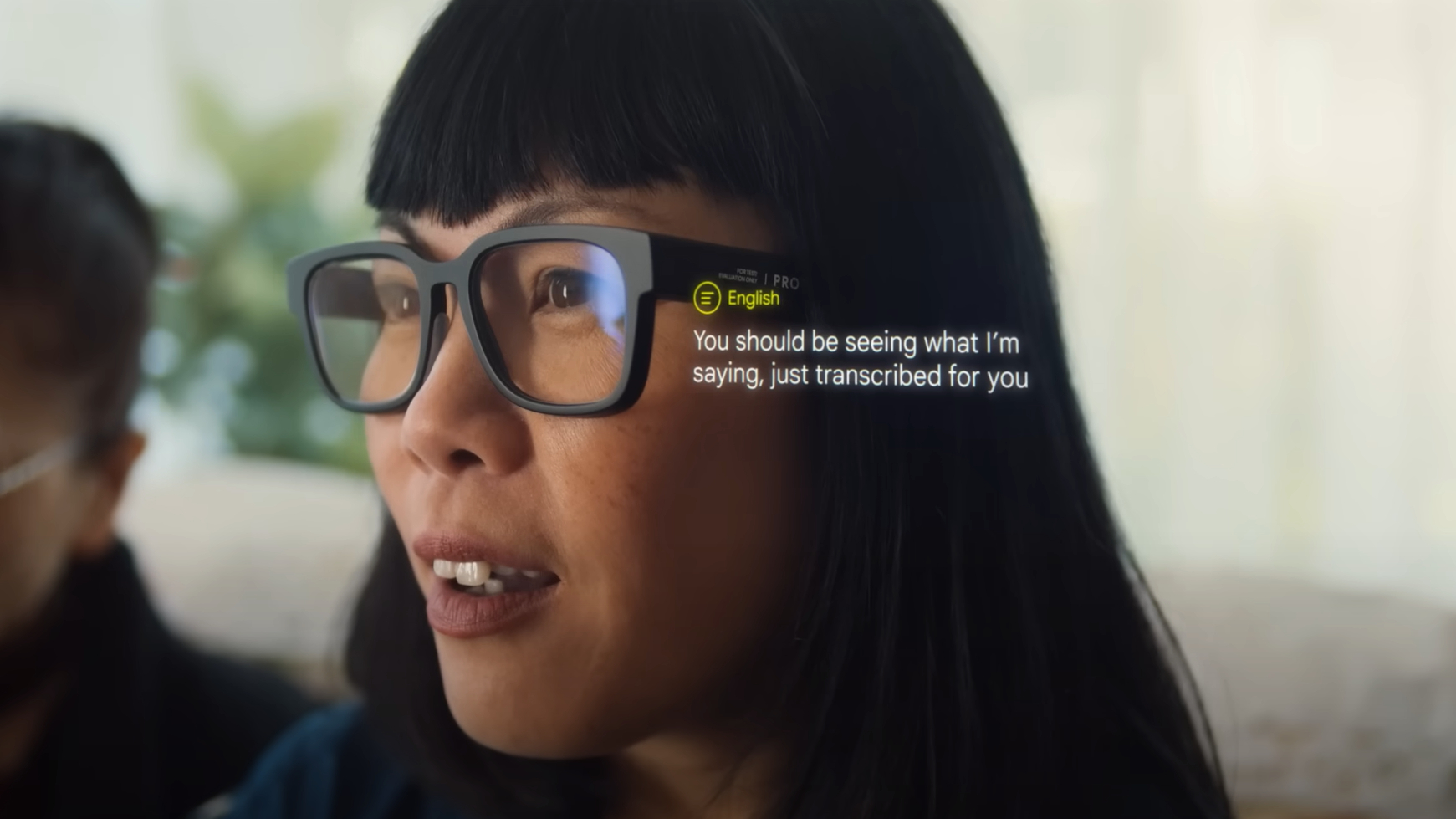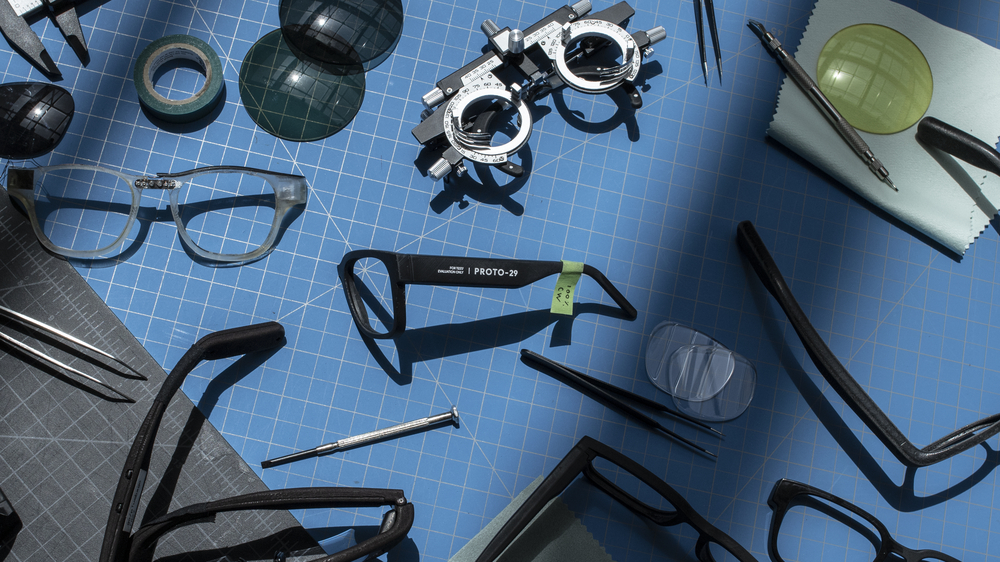Google drops a surprise preview of its first smartglasses since Google Glass
Google Glass, in a new form, appeared this week in Vancouver. The maligned technology of a decade ago may be returning at the right moment as the AR market warms up.

Two years after Google discontinued its ill-fated Google Glass AR glasses, the company is back in the smartglasses game with a mysterious new prototype that could help it compete with Meta.
At the TED2025 conference in Vancouver this week, Shahram Izadi, Google's VP and general manager of XR, showed off a pair of unnamed mixed reality, AI-powered smartglasses in development at Google.
The prototype glasses may put Google back on the map in a market that's beginning to heat up.
The question is, if Google is returning to smartglasses, does it still stand a chance of competing with Meta's cutting-edge Orion glasses?
See also: Best laptop deals April 2025
Google returns to smartglasses with XR glasses prototype

During session 3 of TED2025 on Tuesday, Google offered a sneak preview of its new Android XR operating system alongside a mysteriously unnamed pair of smartglasses.
Both are clear indicators that Google will make a return to the world of smartglasses, apparently undeterred by the failure of Google Glass, which spawned the term "glasshole" precisely a decade ago.
Stay in the know with Laptop Mag
Get our in-depth reviews, helpful tips, great deals, and the biggest news stories delivered to your inbox.
During his TED Talk, Izadi wore a pair of inconspicuous smartglasses, using them to display and read off his notes. According to Izadi, the glasses have an in-lens camera, which is a clever design addition, but the demo of it only lasted a few seconds, so it's difficult to gauge image quality.
The prototype glasses also had a speaker, microphone, and built-in Google Gemini connectivity. During the demo, Gemini was able to use the camera in the glasses to translate text and use visual input for context for tasks and questions.
It's unclear if Google ever plans to offer this version of the glasses to consumers or if they're simply a proof-of-concept. Google certainly seems to be ramping up its smartglasses development, though, including recent negotiations to acquire a company that makes AR eye-tracking software. Between that acquisition and this overall impressive demo, Google is trying to get back in the game.
Is it too late for Google to catch up to the Meta Ray-Bans?
Can Google Glass 2.0 compete with Meta's Orion glasses?
There is a growing number of brands competing to rule the smartglasses market, like VITURE with its Pro XR glasses or the Meta-powered Ray-Bans. The current leader is Meta, though, which stunned us last year with the first look at its Orion smartglasses.
The Orion glasses could be the most advanced mixed reality smartglasses to date, but they aren't publicly available yet. They feature much more advanced displays and controls than most currently available smartglasses, meaning Orion could be an instant hit once Meta launches them for the public.
So, it's no coincidence that Google is trying to return to the ring to challenge Meta in the smartglasses market, especially since Apple, another big rival, seemingly abandoned its smartglasses plans earlier this year.
Google's unnamed prototype glasses don't appear to be quite as advanced as Meta's Orion glasses, but both are demo products, so a lot could change by the time either launches. Price and design are also important considerations, as well as AI capabilities.
If Google can deliver less expensive or more streamlined glasses — or integrate Gemini more effectively than Meta with its Meta AI — Google glasses could stand a chance against Orion even if they aren't quite as advanced.
Of course, it's also possible that the demo glasses Google showed off this week were just that, a demo.
Google may be prioritizing developing its Android XR operating system and betting on partners like Samsung to build the hardware.
In January, Youtuber Marques Brownlee tested out an Android XR headset with Gemini, made by Samsung, as the video above shows.
Either way, this is another exciting turning point in what's shaping up to be a major year for smartglasses and mixed reality tech.
More from Laptop Mag

Stevie Bonifield is a freelance tech journalist who has written for PC Gamer, Tom's Guide, and Laptop Mag on everything from gaming to smartwatches. Outside of writing, Stevie loves indie games, TTRPGs, and building way too many custom keyboards.
You must confirm your public display name before commenting
Please logout and then login again, you will then be prompted to enter your display name.

